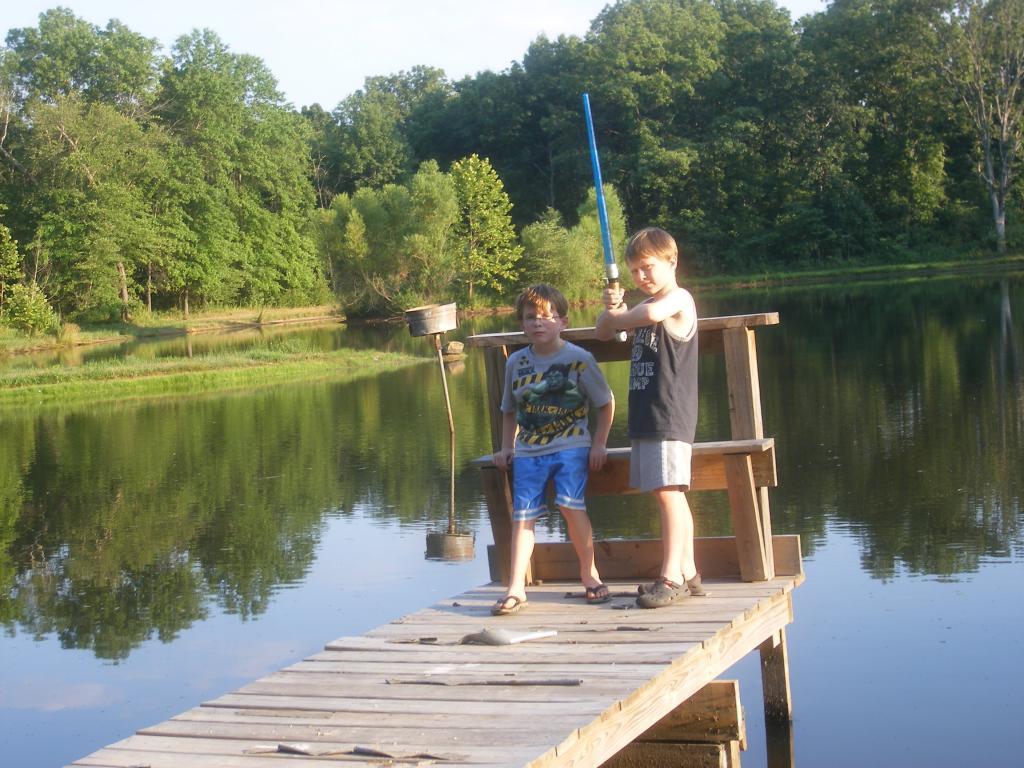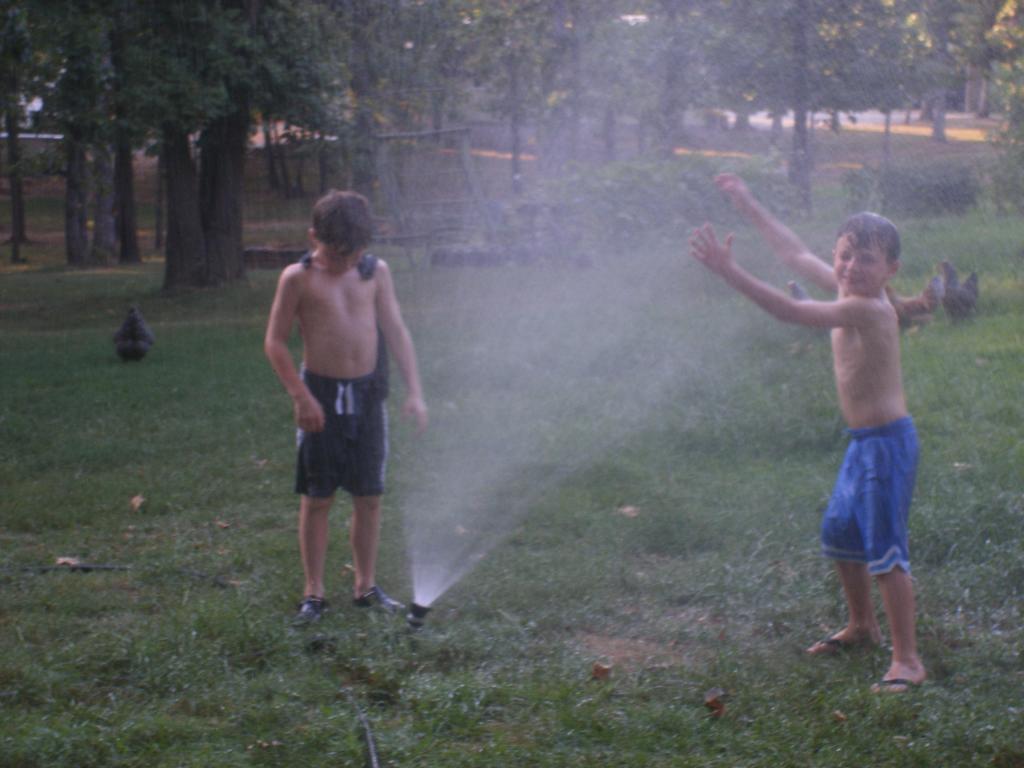These little chicks are so entertaining. They even climb trees.








Follow along with the video below to see how to install our site as a web app on your home screen.
Note: This feature may not be available in some browsers.









